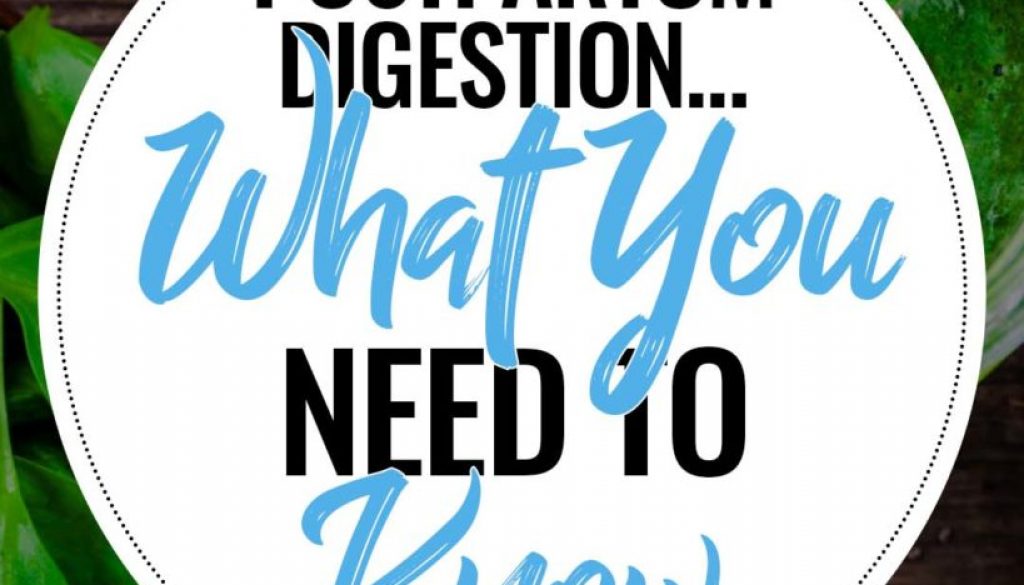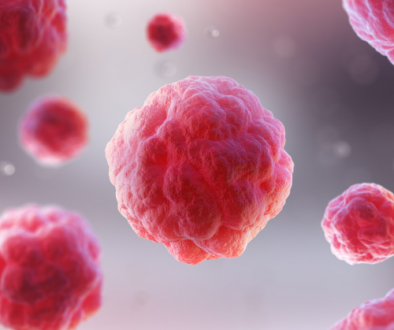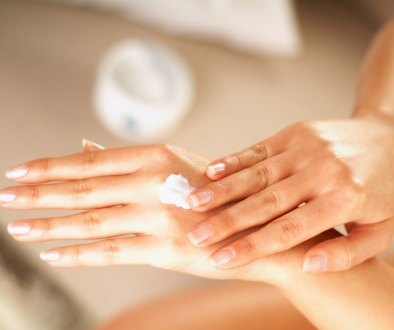What You Need to Know about Postpartum Digestion
Your body has just done something amazing. You’ve gone through so many changes pre-baby, and of course there are going to be some changes postpartum. Here’s the deal with postpartum digestion: some of these changes might be frustrating or uncomfortable, but are also completely normal to experience.
I know you’ve already got a lot on your plate, so let me help you out. In this article we are going to talk about some of the main postpartum changes, and I’ll also give you the tools to deal with them.
Postpartum Digestion Changes ( & what you can do about them)
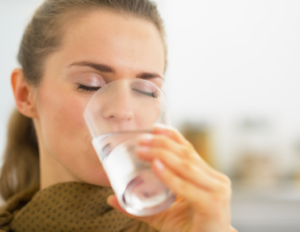
Constipation
Constipation is really common for new moms and can happen for a number of reasons including supplements, stress from delivery, changes in hormones, or damage to your pelvic floor (1). Although it can cause a lot of discomfort, there are tons of ways in which you can deal with it. Whether you are already constipated or hoping to prevent it, water consumption is going to be at the top of your list. As a new mama your body’s water needs have already increased, so it’s important to drink a lot of water – this may mean even more than you were used to thriving off of pre-birth.
Adequate hydration will keep your digestive system from becoming slow and sluggish. Fibre and regular exercise are also great ways to keep your bowels healthy and your waste moving along. If you are worried to go number two due to stress or pain issues, you can try supporting your perineum with a warm cloth (2). It’s normal to be anxious about pooping after labour. Just keep in mind that if you aren’t relieved from constipation after more than a couple of days, it’s important to check in with your health care professional to see how they can help you manage it with laxatives or pain relief.
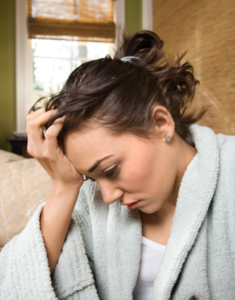
Painful Defecation
Painful poops postpartum, like constipation, are not enjoyable but are completely normal. The reason behind this is usually hemorrhoids. Hemorrhoids are especially common after a vaginal delivery, but also happen in c-section cases as well. Veins in the rectum become swollen, resulting in bleeding, swelling, and pain around the anus (3).
There are a few ways to combat hemorrhoids. You can sit on a pillow to relieve the pressure of sitting on your bum throughout the day. Gently applying witch hazel with a cotton ball can also help relieve them. Most importantly like constipation it’s important to keep up with water and fibre consumption. This will help keep your stool soft and relieve the pressure on your rectum when you go number two (3).
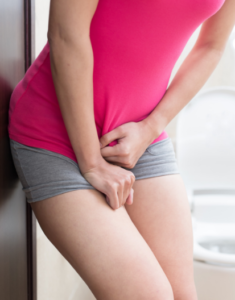
Incontinence
If you’re dealing with postpartum incontinence, you should know you’re not alone. Although it can be embarrassing, so many women deal with this post-delivery. Your body goes through a lot during delivery, and the muscles and nerves responsible for bowel movements can be stretched during birth (4).
Kegel exercises can help prevent faecal and urinary incontinence before birth (5). After birth, any exercises that help to strengthen your pelvic floor can help with incontinence. The pelvic floor is the muscular base of the abdomen, and getting this back to normal after labour can take time. You should not begin engaging in any pelvic floor strengthening exercises until you have been cleared by your doctor, because if done too soon it can do more harm than good.
It’s important to be kind to yourself and have patience when dealing with postpartum digestion issues, as it can take some time to get back to normal. Remember, you’re body just went through something profound, and it needs time to heal. Just know that you’ve got it in you to get back on track and deal with these issues when you’re ready to.

References:
- https://www.ncbi.nlm.nih.gov/pubmedhealth/PMH0068288/
- https://my.clevelandclinic.org/health/diseases/4059-constipation
- https://www.urmc.rochester.edu/ob-gyn/obstetrics/after-delivery/common-conditions.aspx
- https://www.ncbi.nlm.nih.gov/pmc/articles/PMC99311/
- http://obgyn.ucla.edu/childbirth-and-incontinence
